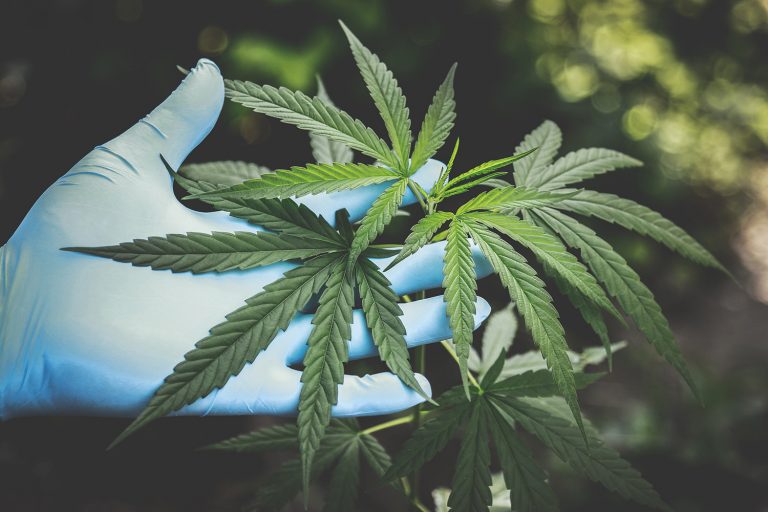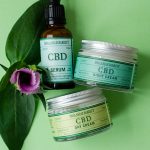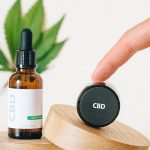“The wellness potential of Delta 10: what you need to know” is a collaborative post.
In the rapidly evolving world of cannabis and hemp-derived products, staying abreast of the latest innovations can feel like a full-time job. As we grow more familiar with the popular cannabinoids like CBD and Delta 9 THC, the landscape keeps diversifying. Cue Delta 10—a relatively new entrant that promises a unique angle in the wellness sphere.
You may be pondering, “Another Delta? How does Delta 10 differ from its more well-known relatives?” Let’s dive deep into this intriguing topic to unpack its wellness potential, uses, and the legal landscape surrounding it.
What is Delta 10?
Delta 10 is a relatively new cannabinoid that’s catching attention in the wellness industry. It’s derived from the cannabis plant, similar to its more well-known counterparts like Delta 8 and Delta 9 THC. What sets Delta 10 apart is its unique chemical structure, which gives it distinct physiological effects when consumed. Generally considered less potent than Delta 9, it still offers its own set of intriguing benefits, from enhanced focus to potential pain relief. As research continues, Delta 10 is increasingly becoming a subject of interest for both scientists and wellness enthusiasts alike.
Wellness benefits of Delta 10
- Enhanced Focus and Creativity: One of the standout features of Delta 10 is its reported ability to enhance focus and creativity without the paranoia and anxiety that some people experience with Delta 9.
- Pain Management: Preliminary research suggests that Delta 10 could be useful for pain relief, although more robust studies are needed to confirm these effects.
- Reduced Anxiety: While not as calming as CBD, Delta 10 has shown promise in reducing symptoms of anxiety for some users.
- Antioxidant Properties: Some studies indicate that cannabinoids, including Delta 10, may have antioxidant properties that could benefit general wellness.
Legal considerations: a quick overview
The legality surrounding Delta 10 is a bit of a grey area, varying from state to state. While it’s generally considered legal if derived from hemp plants containing less than 0.3% Delta 9 THC, some states have their specific restrictions. If you’re interested in trying Delta 10, it’s essential to consult local laws and possibly seek legal advice to stay on the right side of the law.
Usage tips: how to make the most out of Delta 10
- Choose Quality: Always prioritise high-quality products from reputable vendors. Look for third-party lab results to ensure purity and safety.
- Dosage: Start with a low dose, especially if you’re new to Delta 10 or cannabinoids in general. Monitor your body’s reaction and adjust accordingly.
- Form Factor: Delta 10 is available in various forms, from vapes to edibles. Choose the one that best fits your lifestyle and wellness goals.
- Consult a Medical Professional: Before incorporating Delta 10 into your wellness routine, especially if you’re already taking medications or managing chronic conditions, consult a healthcare provider.
Common Concerns and Solutions
Concern: Many users worry about possible contamination or impurities in Delta 10 products.
Solution: Only buy delta 10 products from trustworthy suppliers that provide third-party lab tests, verifying the product’s safety and efficacy.
Concern: The legal status of Delta 10 is a significant concern for potential users.
Solution: Make sure to check your state’s laws concerning Delta 10 and consult a legal advisor if you’re uncertain. Laws can change, so it’s crucial to stay updated.
Conclusion
Delta 10 is yet another fascinating addition to the ever-growing family of cannabinoids, offering its unique blend of wellness benefits. Whether you’re seeking improved focus, creativity, or even pain relief, this lesser-known cannabinoid could be worth exploring. As always, quality, safety, and legality should be your guiding principles in exploring the potential wellness benefits of Delta 10.






